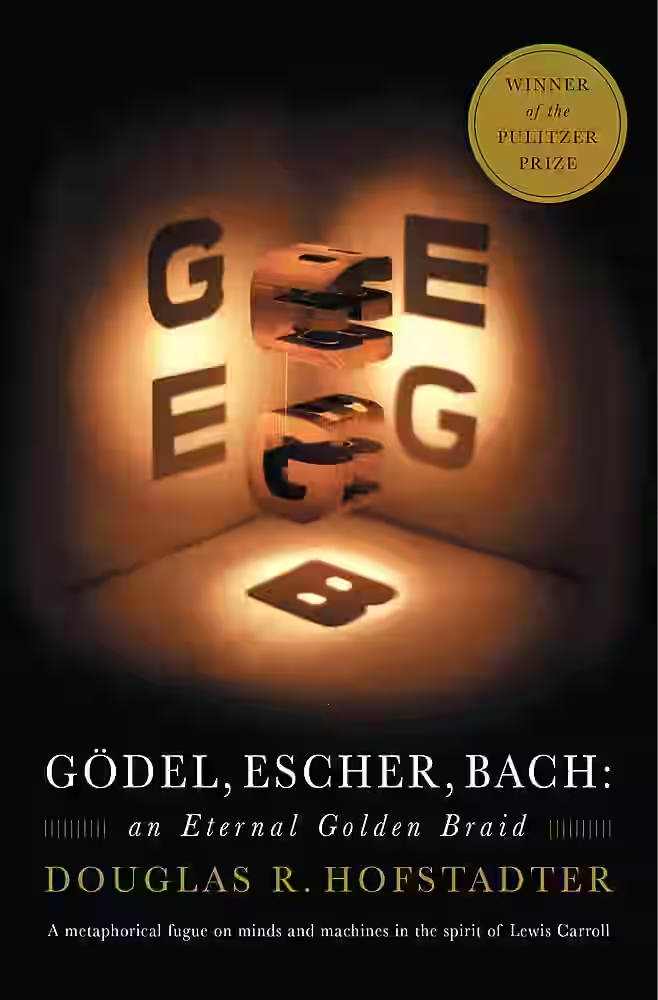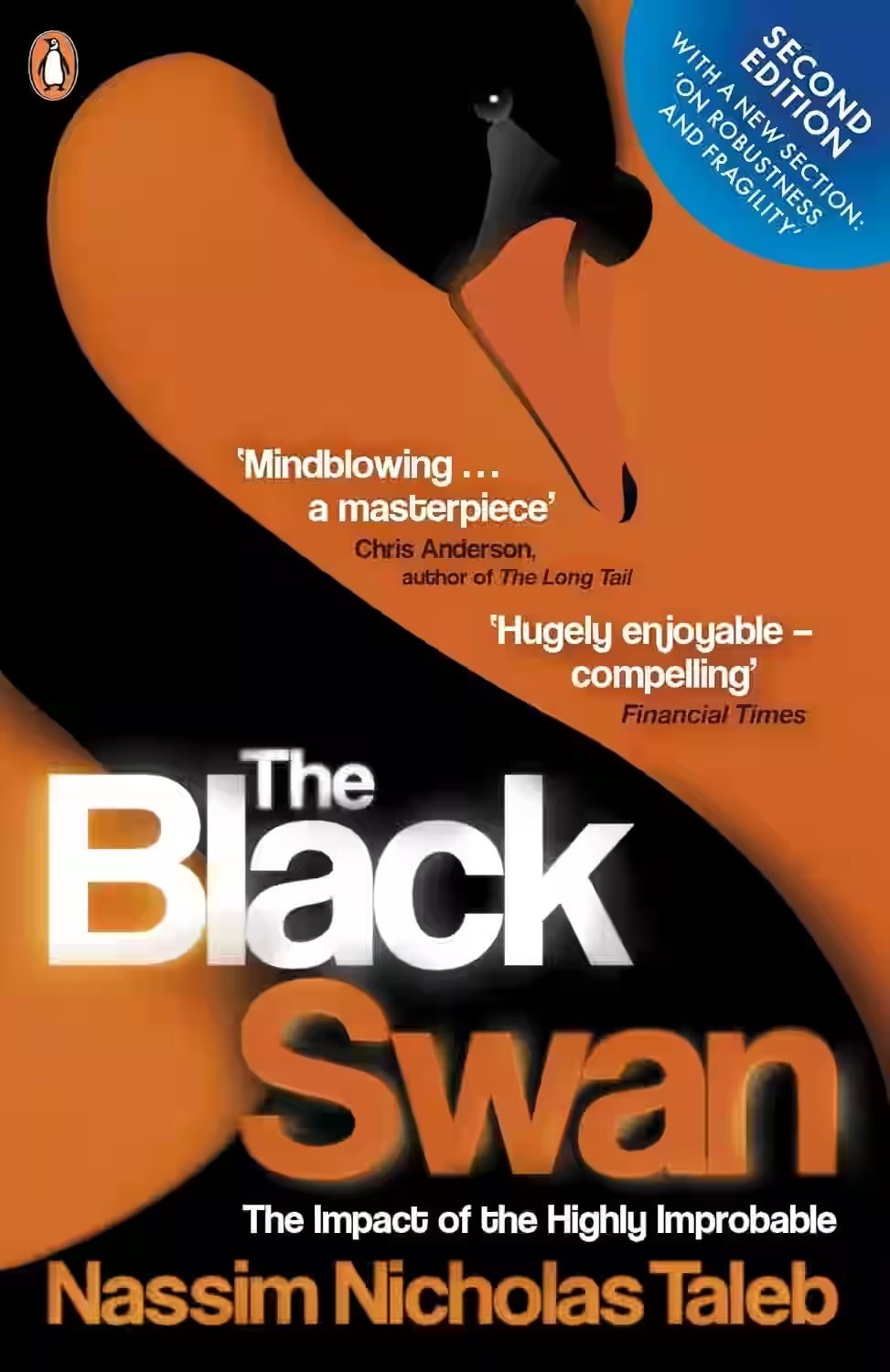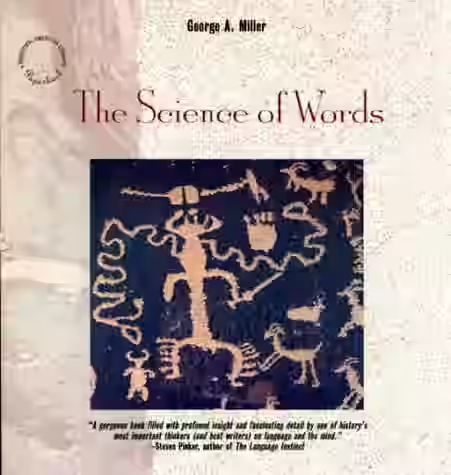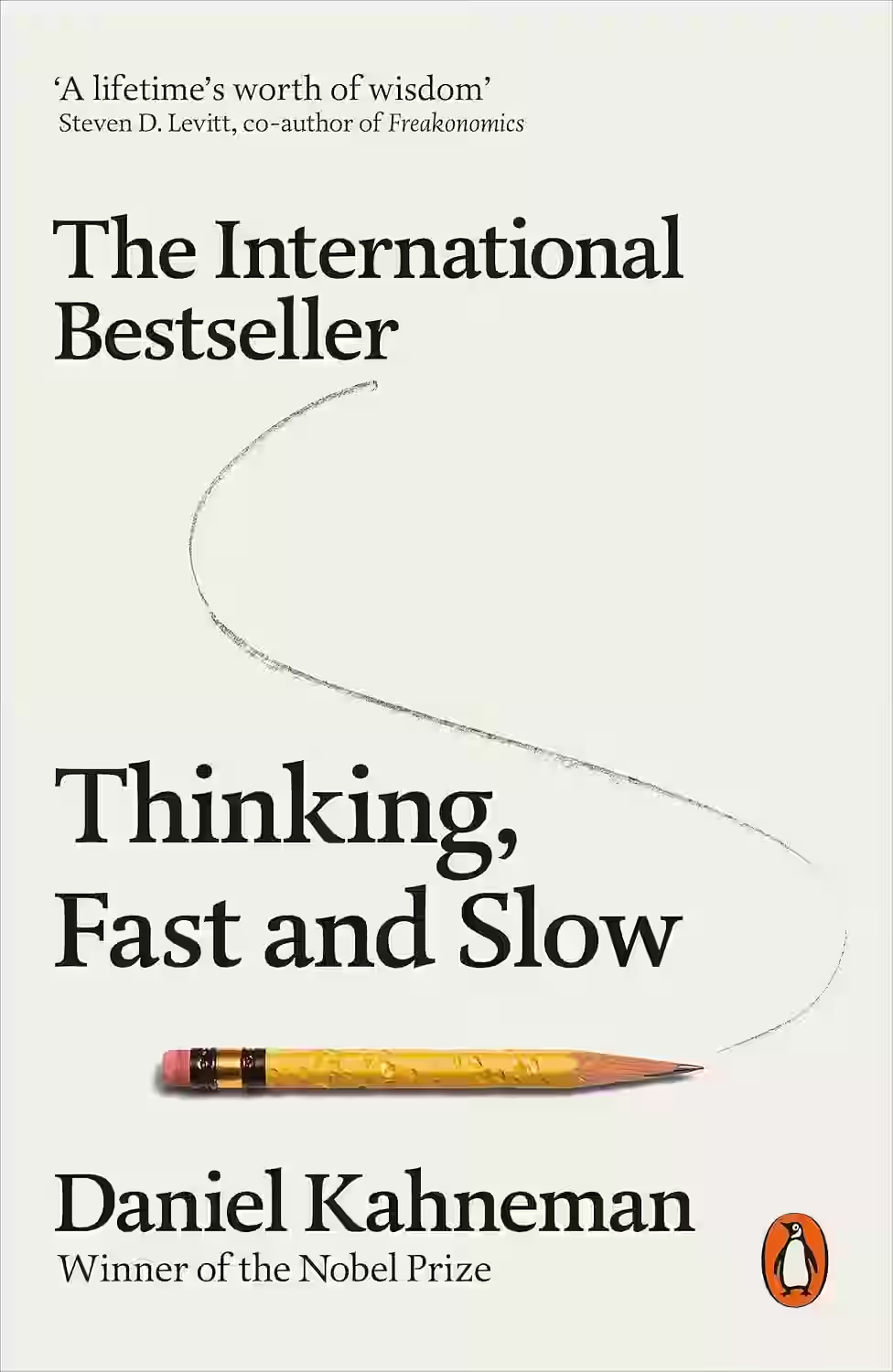
In 'Godel, Escher, Bach: An Eternal Golden Braid', Douglas Hofstadter weaves together the enigmatic works of mathematician Kurt Godel, artist M.C. Escher, and composer Johann Sebastian Bach to explore the interconnectedness of logic, art, and music. Through a series of engaging dialogues, thought experiments, and puzzles, Hofstadter delves into complex concepts such as recursion, self-reference, and consciousness, challenging readers to ponder the nature of intelligence and creativity. This Pulitzer Prize-winning book is a masterful blend of philosophy, mathematics, and art that invites readers on a mind-bending journey through the mysteries of human cognition and the limits of formal systems.
About Douglas Hofstadter
Douglas Hofstadter, born in 1945, is an American cognitive scientist, physicist, and Pulitzer Prize-winning author. He is renowned for his groundbreaking work in the fields of artificial intelligence, cognitive psychology, and philosophy. Hofstadter gained widespread acclaim for his seminal work 'Gödel, Escher, Bach: An Eternal Golden Braid,' which explores the connections between logic, art, and music through the works of Kurt Gödel, M.C. Escher, and Johann Sebastian Bach. This complex yet accessible book earned him the Pulitzer Prize for General Non-Fiction in 1980, solidifying his reputation as a visionary thinker. Hofstadter's interdisciplinary approach and profound insights continue to influence and inspire scholars and readers alike.
Similar Books

The Black Swan
Series: Incerto (#2)
The Black Swan explores the profound impact of rare, unpredictable events—what Taleb calls “Black Swans”—that lie outside normal expectations but have massive consequences. The book challenges traditional forecasting and risk models, arguing that humans consistently underestimate uncertainty. Taleb illustrates how randomness and surprise shape history, from financial markets to scientific breakthroughs, and advocates for antifragility—systems that benefit from disorder. Combining philosophy, probability theory, and anecdotal insight, The Black Swan is a provocative critique of modern thinking and a call to embrace humility in the face of complexity. It’s a transformative read for anyone making decisions in uncertain environments.

The Science of Words
In The Science of Words, cognitive psychologist George A. Miller offers an accessible look into how language works—from meaning and memory to syntax and speech. Drawing on decades of research in psycholinguistics, he explores how people learn, process, and produce words. Miller explains the relationships between language and thought, covering topics like categorization, semantic networks, and ambiguity. The book bridges linguistics and psychology, showing how language reflects and shapes the human mind. It's a foundational work for understanding language acquisition, cognitive science, and the nature of communication. Clear and engaging, it’s ideal for students and curious readers alike.

Thinking, Fast and Slow
In 'Thinking, Fast and Slow,' Daniel Kahneman, a renowned psychologist and Nobel laureate, delves into the fascinating world of our thought processes. He introduces readers to the two systems that drive the way we think: the fast, instinctive and emotional System 1, and the slow, deliberate and logical System 2. Through engaging anecdotes and thought-provoking experiments, Kahneman explores the biases and heuristics that influence our decisions, leading to both enlightening and unsettling revelations about human cognition. This groundbreaking book not only challenges our understanding of decision-making but also offers valuable insights into how we can navigate the complexities of our minds to make better choices.

Superintelligence: Paths, Dangers, Strategies
by Nick Bostrom
In 'Superintelligence: Paths, Dangers, Strategies' by Nick Bostrom, the author delves into the future scenarios where artificial intelligence surpasses human intelligence and the potential consequences and strategies to navigate this new era. Bostrom explores the paths that could lead to the emergence of superintelligent machines, the existential risks they might pose, and the ethical dilemmas surrounding their development. Through a meticulous examination of various disciplines, from philosophy to computer science, Bostrom presents a thought-provoking and comprehensive analysis of the implications of superintelligence. This book challenges readers to contemplate the profound impact of AI on our future.